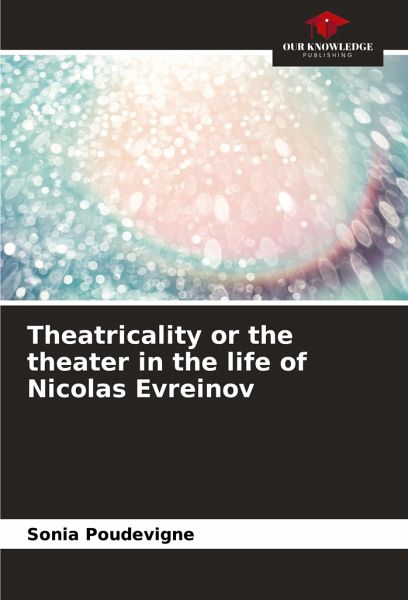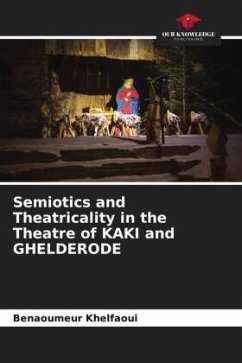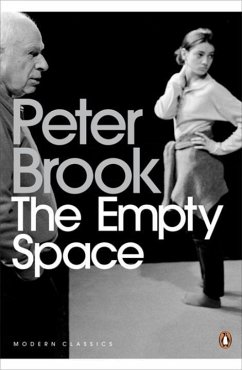
Theatricality or the theater in the life of Nicolas Evreinov
Versandkostenfrei!
Versandfertig in 6-10 Tagen
36,99 €
inkl. MwSt.

PAYBACK Punkte
18 °P sammeln!
The term theatricality has been used for some years to describe the characteristic features of theater in the theater. Roland Barthes declared in 1954 "What is theatricality? It is the theater minus the text, it is a thickness of signs and sensations which is built on the stage", would theatricality be thus the consequence of the staging? It would seem, however, that a theatrical character can emerge from non-theatrical activities. And wouldn't this character be theatricality? Couldn't theatricality in fact be a component of life? It is on this reflection that Nicolaï Evreinov reflects in his...
The term theatricality has been used for some years to describe the characteristic features of theater in the theater. Roland Barthes declared in 1954 "What is theatricality? It is the theater minus the text, it is a thickness of signs and sensations which is built on the stage", would theatricality be thus the consequence of the staging? It would seem, however, that a theatrical character can emerge from non-theatrical activities. And wouldn't this character be theatricality? Couldn't theatricality in fact be a component of life? It is on this reflection that Nicolaï Evreinov reflects in his theoretical work "The Theater in Life" in 1930 in which he exposes a theory of theatricality as inherent to everything. This text presents theatricality as an instinct whose action is the becoming other. We will approach this theory by retracing the path followed by Evreinov, in order to show its limits and inconsistencies. In our study, we will draw out the relations that exist between Evreinov, the different Avant-gardes, Meyerhold, Stanislavski and Nietzsche.












